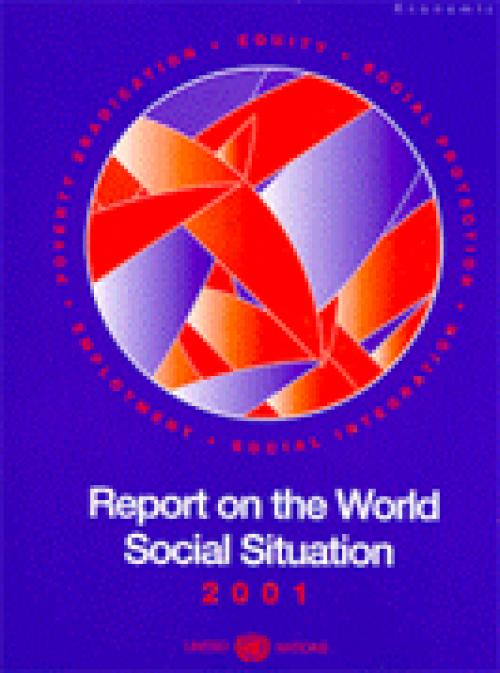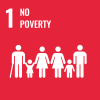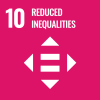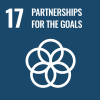he 2001 Report on the World Social Situation is the fifteenth in a series of reports on the subject dating from 1952. The content, structure and shape of the reports have undergone change, but the main purpose of the series continues to be to provide both participants in intergovernmental debates in the United Nations and a wider audience with a handy, single-volume, succinct summary of global developments seen from a social perspective.
The scope of the present Report is very wide, covering broadly the range of issues identified in the Declaration and Programme of Action of the World Summit for Social Development, adopted in 1995 at Copenhagen at an event of major significance, which brought together 117 heads of State or Government and delegations from 186 countries in all.
Access to a wide range of qualitative information is essential for assessing and evaluating social trends; such information thus continues to be given a prominent place in the Report. As the evaluation of social trends is of necessity subjective, it is strongly influenced by the position of the observer. Perceptions are often as important as “objective” reality in determining how people react to events and in shaping public policy. The Report, therefore, includes besides facts and trends based on available objective information, sketches of the policy debates and the positions, sometimes ideologically inspired, taken by various interested parties. It draws on a wide range of sources from all regions and many countries.
 Welcome to the United Nations
Welcome to the United Nations



